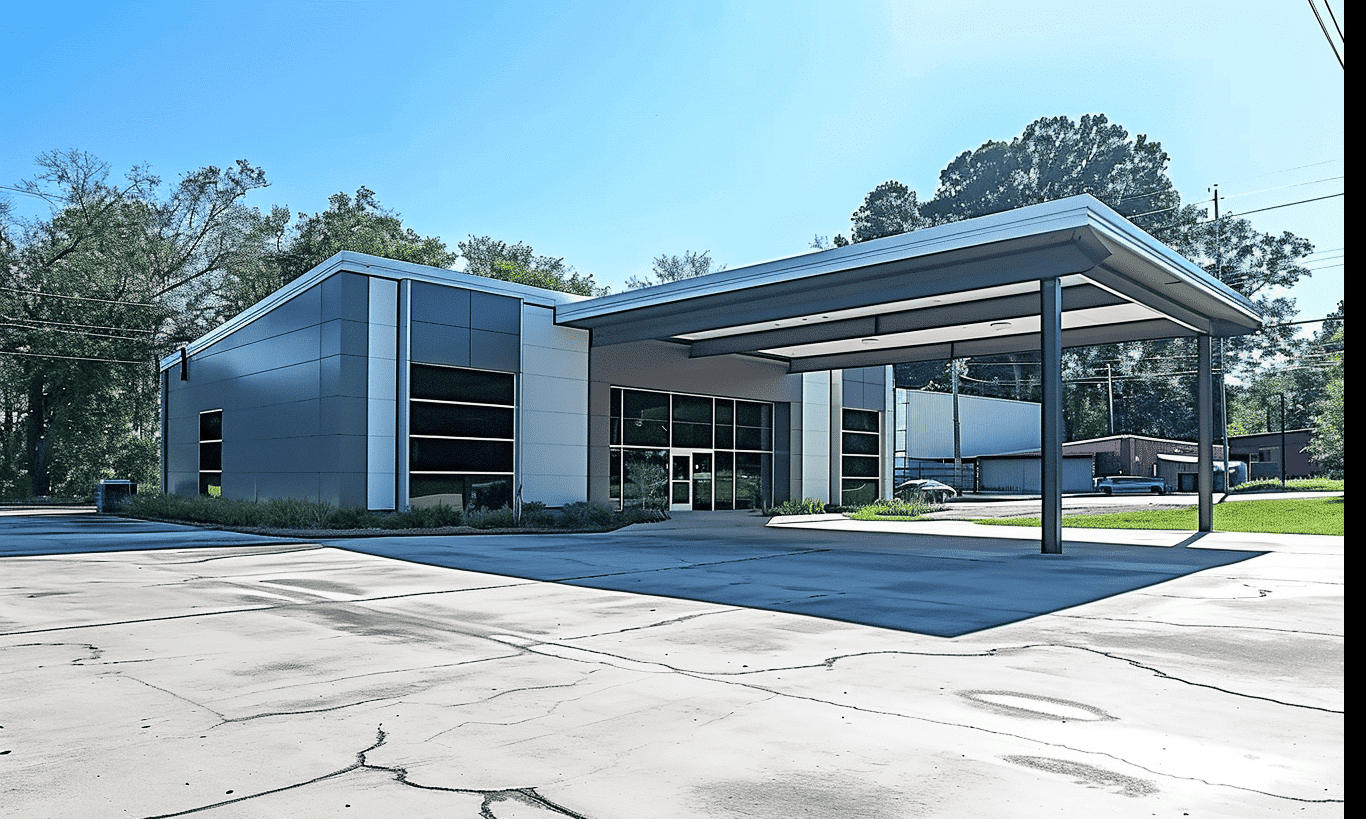When Nature Collides: A Hard Look at Rock Slide’s Impact on Highway 7 and Construction Woes
A Highway in the Grips of Nature’s Fury
In the rugged terrains of British Columbia, a brutal illustration of nature’s strength was showcased when a substantial rock slide occurred on Highway 7, west of Hope. The transportation artery has unfortunately remained blocked since Nov. 14, 2024, due to the severity of the incident. Provincial estimates suggest the road may reopen by Nov. 27 — but will this be soon enough for businesses and individuals reliant on this significant route?
Disruption to Transport and Construction
Businesses, particularly those in construction, stand to suffer due to the extended closure of this vital lifeline. Specifically, the flow of materials and resources for vital commercial and residential construction projects in the surrounding area might grind to a halt. Infrastructure development significantly depends on seamless transportation, particularly for heavy or bulky materials, such as those supplied by Your Building Team. The fallout from the rock slide might endure longer than the official road closure.

Resilience and Sustainability — The Best Defense?
Could a greater focus on building resilience and sustainability help mitigate such challenges in the future? Metal Structured Buildings, for example, are recognized for their strength, durability, and resistance to elements, something that proved vital during the unpredicted rock slide incident. Might the region benefit from a more streamlined shift to similar resilient infrastructure?
Solutions for Tomorrow

Resilient and sustainable construction methods like those offered by Your Building Team can provide alternative solutions. However, to manage the immediate effects of such unforeseen natural events, it’s crucial that businesses, municipalities, and provincial governments plan and collaborate closely. Taking lessons from the Highway 7 incident, measures can be taken to enhance preparedness and response for such incidents in the future.
Long Road Ahead for Highway 7
For now, the section on Highway 7 west of Hope slumbers beneath enormous rocks, awaiting clearance. While construction teams work tirelessly to restore normalcy, the incident reminds us powerfully of the unpredictable power of nature and the importance of preparedness. The vulnerability of our highway systems in the face of rockslides raises pertinent questions about infrastructure planning, investment, and the need for resilient and sustainable construction methods.
As per the updated information from CBC news, the road is likely to reopen by November 27, but it’s a sobering reminder of nature’s unpredictable nature and the necessity for robust infrastructure planning. Original news source link: CBC News.

Concluding Thoughts: A Call to Adapt
As we brace ourselves for a future where natural disasters may become more frequent, we must shift our mindset towards sustainability and resilience in all areas of infrastructure and construction. By doing so, we give ourselves the best chance to weather these events with minimal disruption.
Your take on this scenario is just as important to us. How do you think such abrupt closures affect the construction and real estate sectors? What steps can these industries take to cushion the blow of future unforeseen events? Share your thoughts in the comments section below. Your perspective might be the transformation spark we need.




